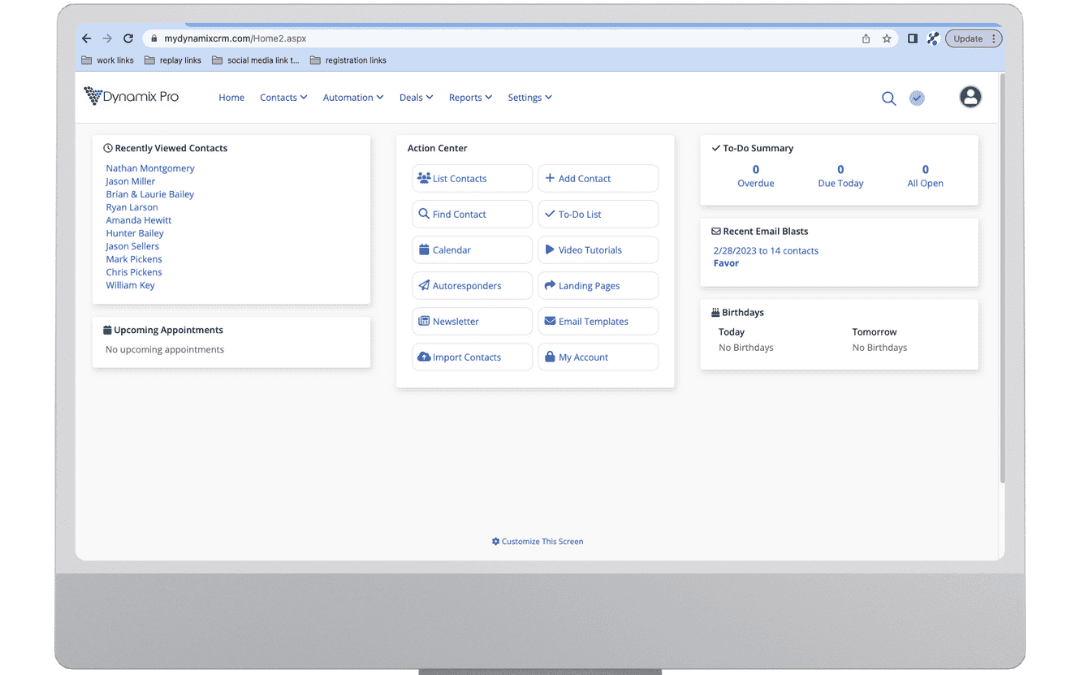Are you looking for ways to increase your real estate sales and generate more leads? Investing in a comprehensive customer relationship management (CRM) platform can be a game-changer. A CRM system can help you manage, analyze, and leverage your customer data to make informed, data-driven decisions. In this blog post, we will take a closer look at how CRM platforms can benefit real estate professionals and help them achieve their sales goals.
Understanding the Basics of CRM Platforms
A CRM platform is a software system that stores and manages customer information, interactions, and history. It helps businesses automate processes, track leads, and analyze data to improve sales and customer service. Some of the essential features of a CRM platform include contact management, sales pipeline management, customer segmentation, and reporting. By using a CRM system, real estate agents can efficiently manage their customer relationships and gain a competitive advantage.
Increasing Efficiency and Productivity
A CRM platform can help real estate professionals streamline their workflow and increase their efficiency and productivity. With a CRM system, agents can automate repetitive tasks, such as data entry, lead tracking, and follow-up reminders. Thus, they can spend more time on high-value activities, such as building relationships with customers, nurturing leads, and closing deals. Furthermore, a CRM platform can help agents prioritize their tasks, track their performance, and identify areas for improvement.
Improving Customer Experience
A CRM platform can help real estate agents improve the customer experience by providing personalized and timely communication. By keeping all customer data in one place, agents can access relevant information when interacting with clients, such as their preferences, buying history, and communication preferences. Thus, they can provide customized services and build meaningful relationships with their customers. Additionally, a CRM platform can help agents respond to customer inquiries and requests promptly, increasing customer satisfaction and loyalty.
Analyzing and Leveraging Data
One of the most significant benefits of a CRM system is its ability to analyze and leverage customer data. By tracking customer interactions, behavior, and preferences, a CRM platform can provide insights into what works and what doesn’t. It can help agents identify their most profitable customers, understand their preferences, and tailor their marketing efforts accordingly. By using data-driven insights, real estate professionals can make informed decisions, optimize their strategies, and increase their ROI.
Generating More Leads and Closing More Deals
Ultimately, a CRM platform can help real estate agents generate more leads and close more deals. By automating lead generation, tracking, and nurturing, a CRM system can help agents convert more potential customers into loyal clients. By providing relevant and personalized communication, agents can build trust and establish themselves as experts in their field. Furthermore, by analyzing data and optimizing their strategies, agents can increase their sales productivity and performance.
A CRM platform can be a game-changing investment for real estate professionals. It can help agents streamline their workflow, improve customer experience, analyze and leverage data, and generate more leads and sales. By using a CRM system, agents can gain a competitive edge and achieve their sales goals. If you’re a real estate agent looking to boost your sales and grow your business, consider investing in a comprehensive CRM platform today.


Recent Comments